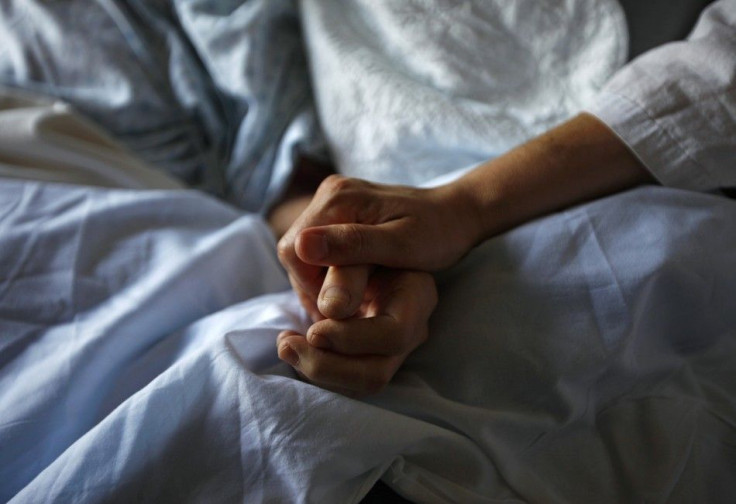Four in Ten to Get Cancer: British Charity

Four in ten British people will get cancer sometimes in their lives, according to health charity says MacMillan Cancer Support.
MacMillan stated that only ten years ago, only about one-third of the population was destined to develop cancer.
The charity said that the percentage has risen dramatically in recent years and poses a massive challenge for the National Health Service.
The British Journal of Cancer said that at the end of 2008, there were 2-million cancer survivors in Britain and that the number has been steadily climbing.
MacMillan noted that 310,000 people in the UK were diagnosed with cancer in 2008.
The charity also said that cancer deaths represented 42 percent of all deaths in Britain that year.
Part of the reason for the higher incidence of cancer, MacMillan proposed, is that the general population is aging – as are many industrialized, western nations.
It is really alarming that the number of people who will get cancer is now well past one in three and that there are so many more people with cancer today than even 10 years ago, said Ciaran Devane, chief executive of MacMillan, to BBC.
There are currently two million people living with cancer in the UK and that number is doubling to four million over the next 20 years. Yet no-one thinks the country can afford to double its spending on cancer. We've therefore got to become twice as effective in how we spend that money.
Paul Burstow, the Care Services Minister for England, is very concerned about the rising rates on cancer.
We agree with MacMillan. That's why we are working to deliver more personalized care and more help to keep people well in their own homes. We are investing more than £750-million over four years to improve cancer outcomes, he told BBC.
Similarly. Dr. Clare Gerada, The chair of the Royal College of GPs, warned: What is clear from this study is that cancer survival is not the whole picture. All healthcare professionals have a duty to see that patients receive the best possible care, and aftercare, following a diagnosis of cancer, and to ensure their patients are not just living, but living well.”
© Copyright IBTimes 2024. All rights reserved.











